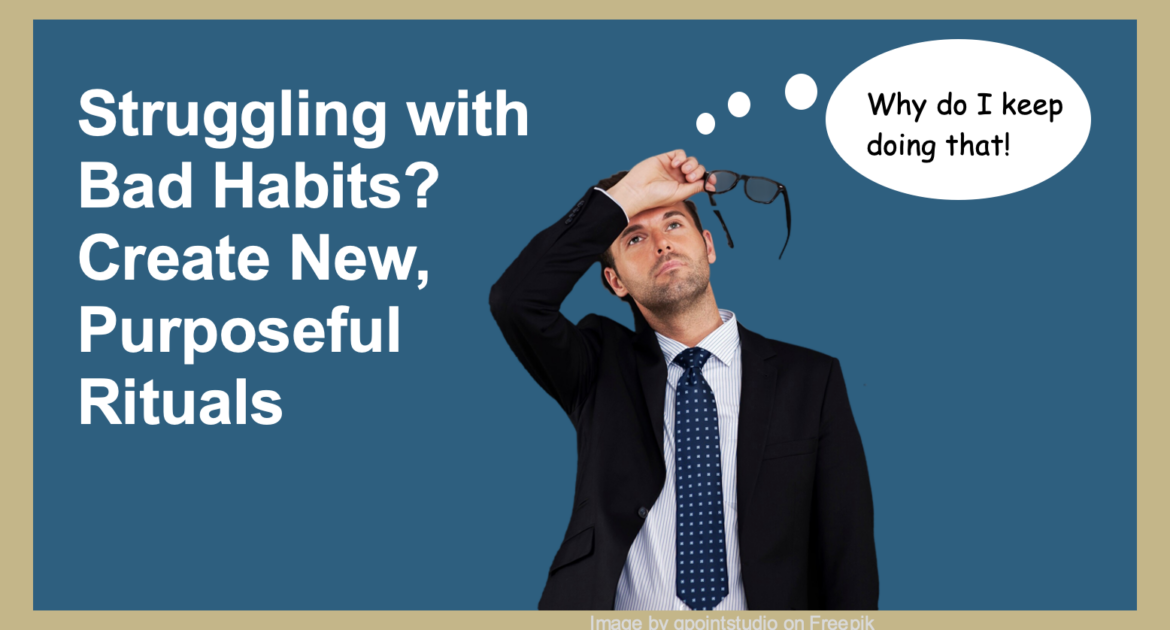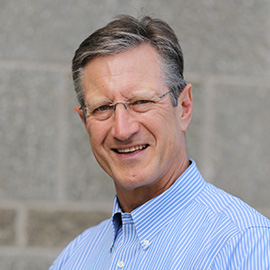Struggling with Bad Habits? Create New, Purposeful Rituals

Performance psychologist Jim Loehr sheds light on the important distinction between “habit” and “ritual” that brings new clarity to the effort to achieve Peak Performance.
A recent episode of the podcast The Knowledge Project with Shane Parrish opened my eyes to the difference between creating rituals and forming new habits. Creating new, purposeful rituals more accurately describes what emerges in FS/A’s Culture Clarification work with clients. The first step is recognizing the habits team members have unintentionally created that inhibit Peak Performance.
Parrish’s guest on the episode was performance psychologist Jim Loehr, who has spent a lifetime studying the mental aspect of how we talk to ourselves and prepare ourselves for Peak Performance. I had the good fortune to spend three days with Loehr at his Human Performance Institute in Orlando; the depth and breadth of his understanding of the enablers of Peak Performance was eye-opening.
Creating Rituals for Peak Performance
In his conversation with Parrish, Loehr shared what differentiates exceptional peak performers from others, and he described the difference between habits and rituals. The discussion went well beyond that topic, and anyone interested in Peak Performance would enjoy the entire conversation. They discussed how we talk to our children, how we talk to ourselves, how our friends talk to themselves, and ultimately, how we gain new rituals that enable us to perform at a higher level.
At FS/A, once we help organizations identify their counterproductive habits, it is easy to see the change that needs to be made. However, seeing what needs to be done and making the change are two different things; old habits die hard! This is why creating rituals is so important; rituals can be visualized and almost programmed with triggers to help us remember to be more purposeful in pursuit of Peak Performance.
Our “wise brain” plays a crucial role in intercepting the primal brain’s instinctive reactions to stimuli. This purposeful interception can significantly enhance our performance. The primal brain, like any other muscle, needs training, which can be expedited with the help of triggers for our rituals that remind us to be more purposeful. This can be challenging, especially when we are under pressure, but as Loehr points out, the more we practice, the better we become at handling stressful situations.
We are all on a journey to live more purposeful lives. As you recognize your less-than-purposeful habits, identify rituals to help you be the Peak Performer you desire.
#ShiftFromMeToTeam #PeakPerformance #Rituals






